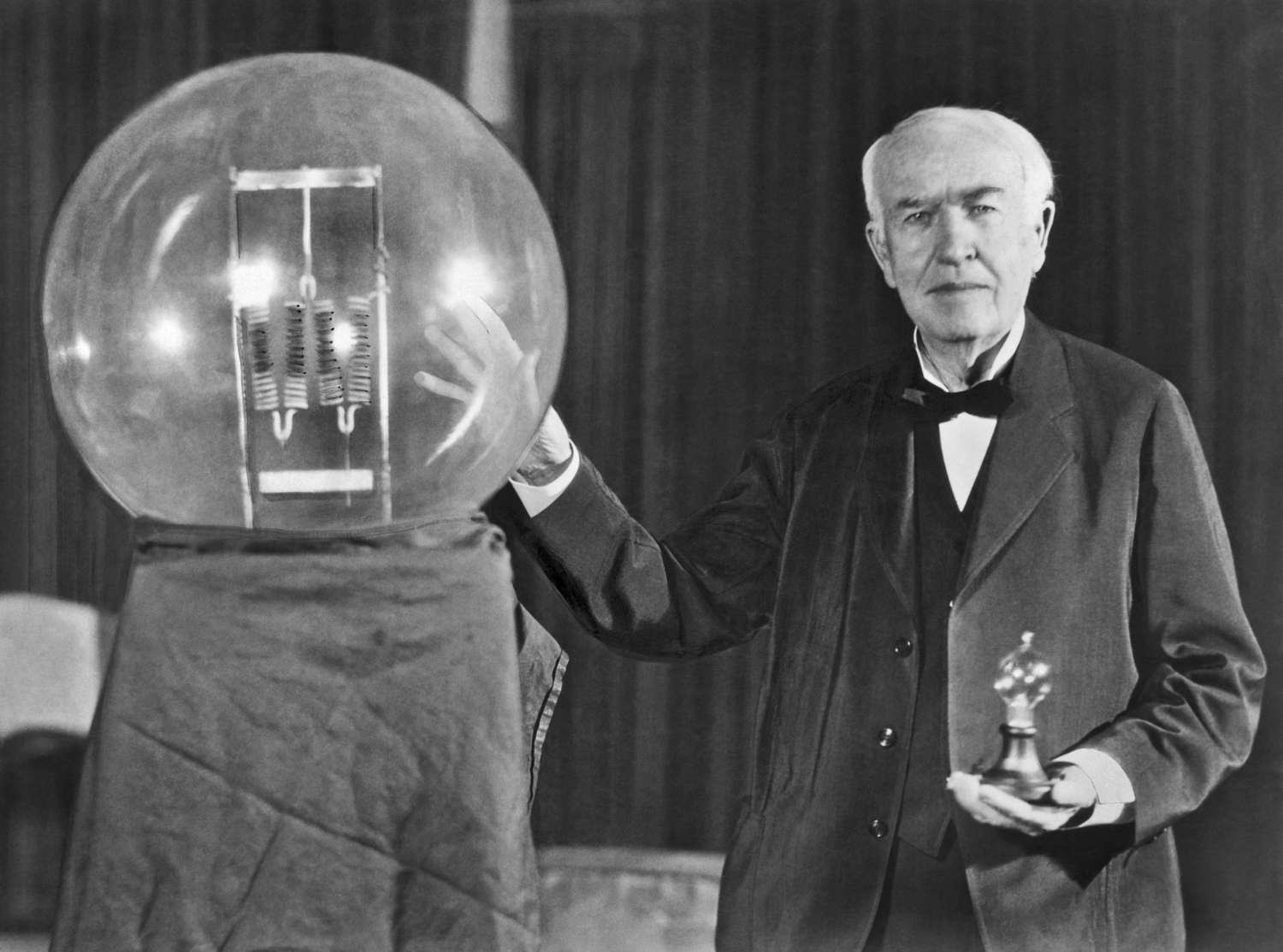The End of the Incandescent Light Bulb: A Failure of Technology and Markets
The Biden administration recently enforced a ban on the sale of traditional incandescent light bulbs, completing a years-long phase out rooted in 2007 legislation.
While more energy efficient LED bulbs will save consumers money on utility bills and reduce carbon emissions, in some ways this transition represents a failure of technology and markets.
Incandescent bulbs have villainous qualities from a sustainability standpoint, wasting large amounts of energy as heat. However, they provide warmer, more attractive light that is easier on the eyes. Fluorescent and early LED bulbs never measured up in terms of quality and appeal for consumers.
Markets failed to spur innovations that resolved this dilemma – a better lightbulb aligning sustainability and desirability. So now government regulation became the lever to force change, taking away consumer choice.

Critics will see this as unwarranted government overreach into personal freedoms and decisions.
There are areas like large-scale clean energy projects where government involvement is warranted given capital requirements. But the inability of businesses to create a universally appealing energy efficient lightbulb represents a failure of technology and the free market.
Rather than heavy-handed regulation, solutions that better align business incentives with sustainability are needed.
Perhaps carbon pricing or rebates for energy efficient bulbs would have organically spurred the desired innovations. The free market has succeeded in driving innovations that align business incentives and consumer desires in other domains, such as carpooling and ridesharing. Companies like Uber, Lyft and Waze have created platforms that reduce traffic, pollution and parking demand while allowing the companies to profit from fees and advertising revenue generated through the apps.
Through a combination of technology improvements (ie. GPS) and savvy marketing, carpooling and ride-sharing is not seen as a sacrifice for consumers, or mandated by the government, but rather a superior product that makes life easier. Similar win-win solutions should have emerged organically for lightbulbs without needing a government ban.
This missed opportunity highlights the need for creative solutions that don’t rely solely on government sticks to drive change.
The transition to more sustainable products should feel like an upgrade for consumers, not a sacrifice.
More work is required to better align consumer desires, business interests and societal needs. True innovations marry all three.